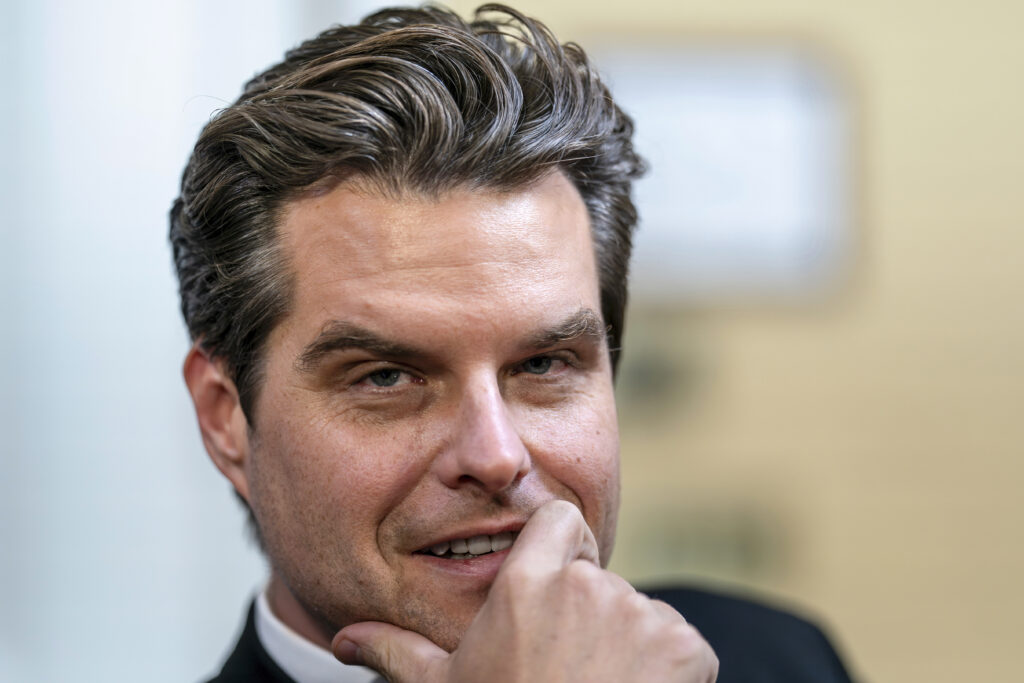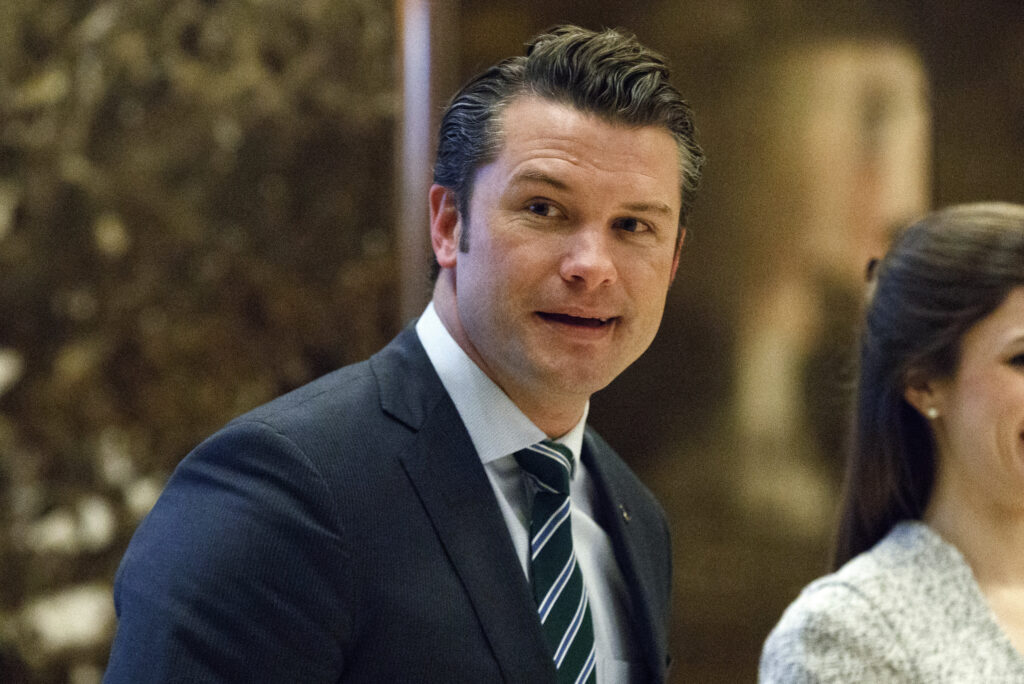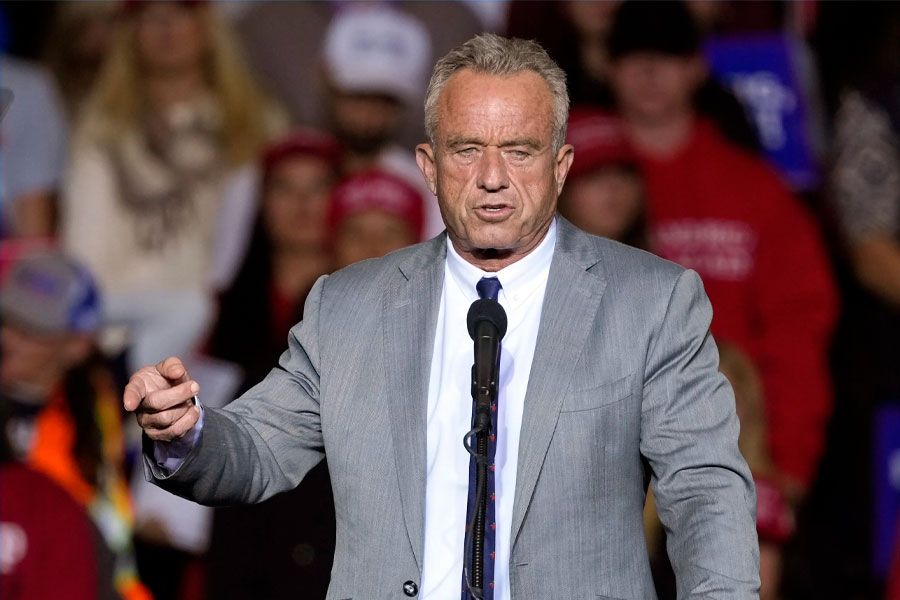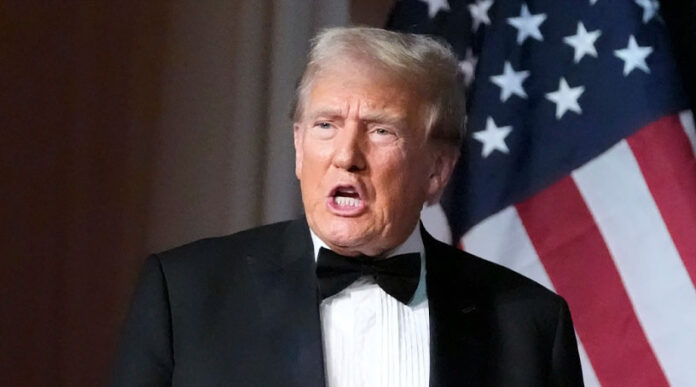Despite a longstanding pattern of sexual abuse accusations spanning several decades, Donald Trump has managed to survive these legal and social battles and thrive politically. His ability to maintain a strong base of support, despite these claims, raises important questions about our collective response to sexual misconduct in the political arena and what it means for the future of American leadership.
A long history of accusations
The first major public glimpse into Trump’s behavior came in 2005, when an «Access Hollywood» tape surfaced, showing him bragging about sexually assaulting women. The recording, which came to light during the 2016 presidential campaign, was a moment of reckoning. It depicted Trump dismissing women as mere objects, speaking crudely about grabbing them “by the pussy,” and showing a complete disregard for basic decency. In any other context, such revelations might have ended a political career. Yet, for Trump, it barely registered as a speed bump in his rise to the White House.
Following the tape, several women came forward with accusations, ranging from harassment to outright assault, spanning decades. Since 2016, nearly two dozen women have come forward with allegations, spanning incidents over four decades. Jessica Leeds recounted a 1970s encounter where Trump groped her on a plane, describing him as “like an octopus.” Ivana Trump, his first wife, accused him of rape in a 1989 divorce deposition. Other women have alleged assaults in nightclubs, at Trump’s properties, and during his ownership of the Miss USA and Miss Teen USA pageants. Stacey Williams reported being groped by Trump in 1993 at Trump Tower, an encounter she alleged occurred during a meeting arranged by Jeffrey Epstein.
Several Miss Teen USA contestants accused Trump of walking into dressing rooms unannounced, a claim Trump himself appeared to confirm during a 2005 radio interview, describing how he would enter backstage at pageants. E. Jean Carroll’s allegation of rape in 1996 resulted in a 2023 civil trial, where Trump was found liable for sexual abuse and defamation, awarding Carroll $5 million. Others, including Temple Taggart, Amy Dorris, and Natasha Stoynoff, reported various forms of unwanted advances.
Allegations continued through his campaign years: former model Summer Zervos and former campaign staffer Alva Johnson each recounted Trump’s unwelcome advances during his presidential campaigns. Altogether, the stories illustrate a consistent pattern that the former president has denied, yet one that has profoundly impacted public discourse on power, politics, and personal accountability.
Yet, Trump’s defense was unwavering: He denied all accusations, often labeling his accusers as liars, opportunists, or politically motivated.
The larger question here is not just one of legal guilt or innocence—Trump has famously managed to avoid criminal charges in many cases—but why these accusations failed to dent his political fortune. The answer could lie in a combination of factors: his personal brand, his ability to frame himself as the victim of a political witch hunt, and the apathy of his supporters toward the allegations.

The legal and political fallout
The 2023 civil trial victory for E. Jean Carroll, where a jury found Trump liable for sexual abuse and defamation, brought the allegations back into the spotlight. Yet, even this verdict did not seem to hinder his political ambitions. He denied the court’s findings, appealing to his base by framing the legal system as rigged against him. The political landscape is one where accusations of sexual misconduct do not necessarily equate to political downfall. They often have the opposite effect: They solidify a sense of injustice among Trump’s supporters, who view his resistance to accountability as proof of his outsider status, and contradictorily his supporters even laugh at his vulgar behavior, days before the election, simulating oral sex with a microphone in front of the crowd.
Moreover, the accusations extend beyond Trump himself. His inner circle has also been embroiled in scandal. Figures like Rudy Giuliani, Corey Lewandowski, and others associated with Trump have faced their accusations of harassment and misconduct. Yet, in Trump’s world, these individuals are often portrayed as martyrs to the cause, persecuted for their loyalty to the president.
Trump’s ability to evade consequences that might befall others highlights a broader trend in American politics: the increasingly blurred lines between personal morality and political legitimacy.
Controversial nominations: Gaetz, Hegseth, Kennedy amid sexual scandals.
At least three of President-elect Donald Trump’s high-profile picks to join his Cabinet have faced serious allegations of sexual impropriety.

Matt Gaetz resigned from Congress last week following Trump’s nomination to serve in his administration. His resignation prevents the release of the House Ethics Committee’s dossier on allegations of sexual misconduct, including accusations that he paid a 17-year-old girl for sex. On Thursday, Gaetz withdrew as Trump’s pick for Attorney General, averting a confirmation battle in the Senate fallout over a federal sex trafficking investigation.

President-elect Donald Trump’s nominee for Secretary of Defense, the Fox News host Pete Hegseth, In addition to being questioned about his ideas that could be considered supremacist and misogynistic, a police report reveals assault allegations against him. Tim Palatore, Hegseth’s attorney, has said a woman was paid an undisclosed sum in 2023 as part of a confidential settlement to head off the threat of what he described as a baseless lawsuit.
Vanity Fair published a lengthy profile of Trump’s selection for health and human services secretary, Robert F. Kennedy Jr., that included a conversation with one of his family’s former nannies, who said he groped her. Asked about the allegation on a podcast this summer, Kennedy brushed it aside, saying: “I am not a church boy.”

The public’s response
What is most troubling about Trump’s ongoing political resilience is the willingness of his supporters to overlook or even embrace his problematic past. While some may genuinely believe in his policies or leadership style, there is an undeniable contingent that seems to dismiss the accusations as mere “left-wing attacks” or as a sign of his defiance against the political establishment. This dynamic speaks to the deeper dysfunction in American political discourse, where partisan loyalty often trumps basic ethical considerations.
Trump’s ability to weather these storms is not simply a testament to his personal charisma or political savvy; it is also a reflection of a broader culture that has long tolerated—and, at times, even excused—sexual misconduct by powerful men. In a system where power and influence are concentrated in the hands of a few, sexual abuse allegations can become just another distraction. For many of Trump’s supporters, the allegations are simply part of the “deep state” conspiracy against him.
A legacy of denial
Trump’s approach to sexual misconduct is emblematic of a broader societal issue: the normalization of predatory behavior by men in power. Throughout his life, Trump has denied, deflected, and minimized the impact of these allegations. In doing so, he has become a symbol of the power imbalance that allows such behavior to flourish without consequence. His supporters are complicit in this narrative, choosing to turn a blind eye to the damage caused by his actions in favor of a political agenda that aligns with their values.
The implications of this reality go beyond Trump himself. They reveal a systemic failure to hold powerful individuals accountable for their actions. The normalization of sexual misconduct, especially in the political arena, sends a dangerous message to future generations: that those who hold power are above the law, and that the victims of such abuse do not deserve justice. Now they will have a president who has been found guilty of sexual abuse, something that will be especially painful for those who have been sexually assaulted.







